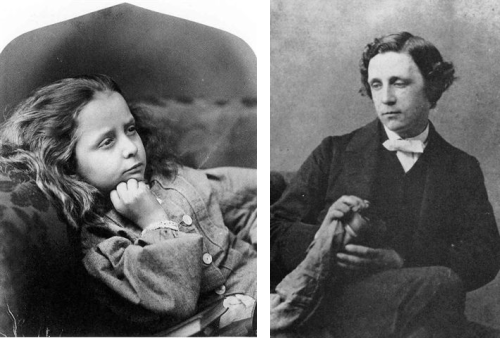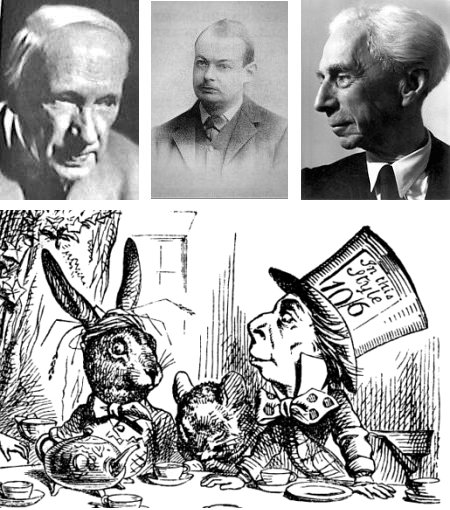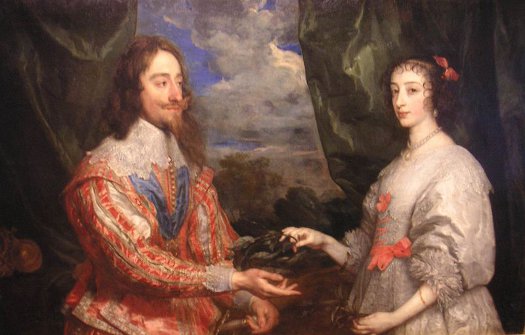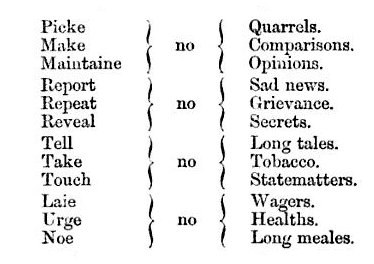
In 1873, Lewis Carroll borrowed the travel diary of his child-friend Ella Monier-Williams, with the understanding that he would show it to no one. He returned it with this letter:
My dear Ella,
I return your book with many thanks; you will be wondering why I kept it so long. I understand, from what you said about it, that you have no idea of publishing any of it yourself, and hope you will not be annoyed at my sending three short chapters of extracts from it, to be published in The Monthly Packet. I have not given any names in full, nor put any more definite title to it than simply ‘Ella’s Diary, or The Experiences of an Oxford Professor’s Daughter, during a Month of Foreign Travel.’
I will faithfully hand over to you any money I may receive on account of it, from Miss Yonge, the editor of The Monthly Packet.
Your affect. friend,
C.L. Dodgson
Ella thought he was joking, and wrote to tell him so, but he replied:
I grieve to tell you that every word of my letter was strictly true. I will now tell you more — that Miss Yonge has not declined the MS., but she will not give more than a guinea a chapter. Will that be enough?
“This second letter succeeded in taking me in, and with childish pleasure I wrote and said I did not quite understand how it was my journal could be worth printing, but expressed my pleasure. I then received this letter:–”
My dear Ella,
I’m afraid I have hoaxed you too much. But it really was true. I ‘hoped you wouldn’t be annoyed at my etc.’ for the very good reason that I hadn’t done it. And I gave no other title than ‘Ella’s Diary,’ nor did I give that title. Miss Yonge hasn’t declined it — because she hasn’t seen it. And I need hardly explain that she hasn’t given more than three guineas!
Not for three hundred guineas would I have shown it to any one — after I had promised you I wouldn’t.
In haste,
Yours affectionately,
C.L.D.





